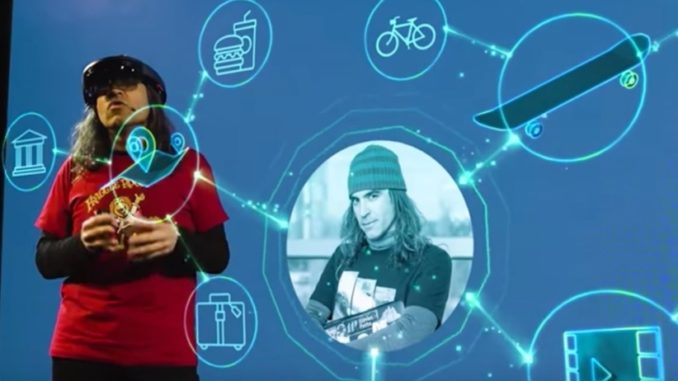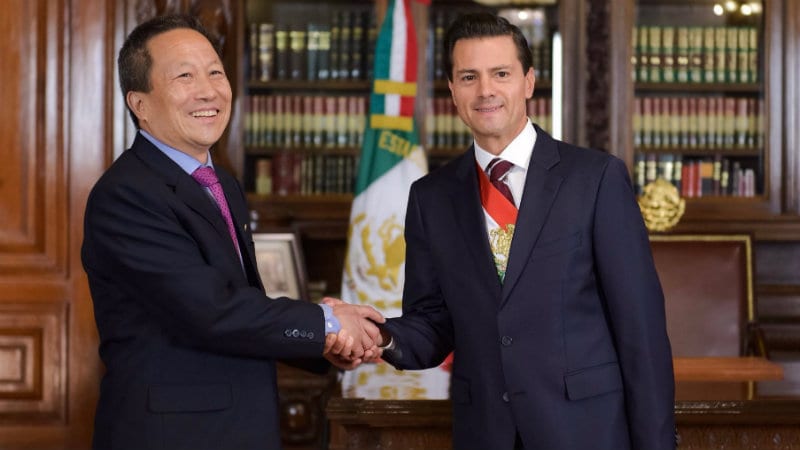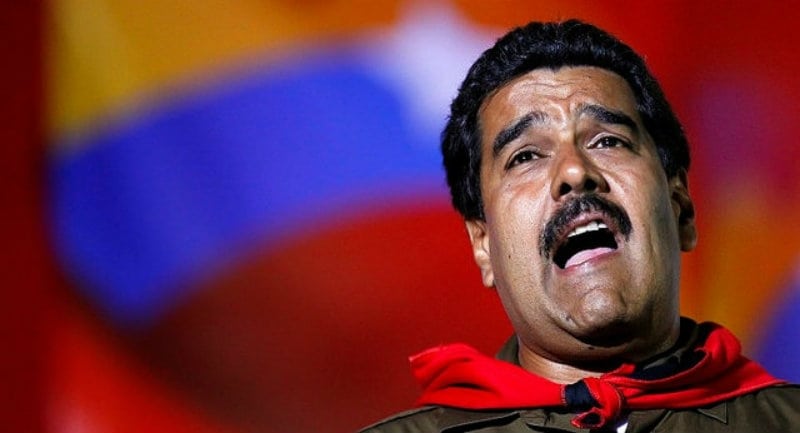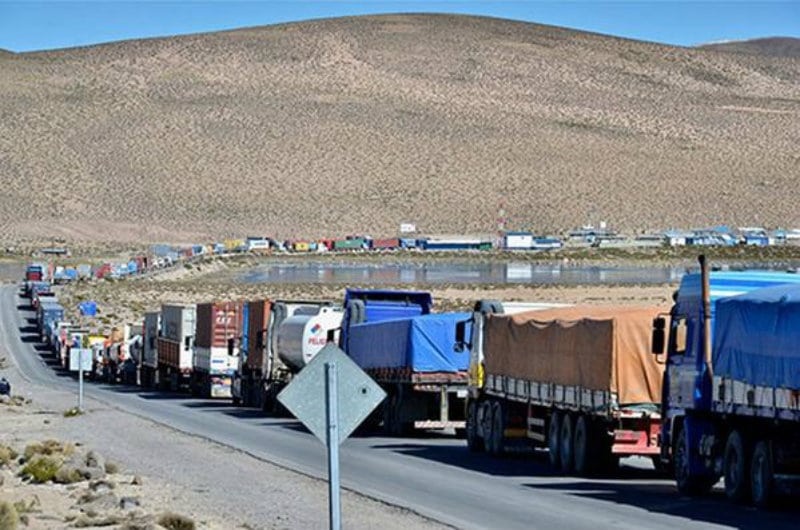
BARCELONA – Allying with tech giants Facebook, Google and Microsoft, Telefonica has launched Aura, an artificial intelligence-powered digital assistant, in six countries, as well as announcing a new initiative to bring 100 million people in Latin America online by using mobile networking technology for the first time.
Both developments were presented by José María Alvárez-Pallete, Telefonica chairman-CEO, during a full keynote at Mobile World Congress in Barcelona.
First announced at last year’s Mobile World Congress, Aura works much like Amazon’s Alexa, Apple’s Siri and Microsoft’s Cortana, allowing customers to request information and control devices through voice commands.
“Aura is born as a commitment to make the artificial intelligence capabilities of Telefónica available to our customers in order to offer them a differentiated and personalized experience.

“I can tell you that I am very proud of what we have achieved. I’m very proud of my team. I am very proud of Telefónica and the future we are writing,” said Telefónica’s chairman José María Álvarez-Pallet.
Powered by artificial intelligence, the Aura technology will be available through apps that Telefónica’s customers can download onto their mobile devices.
The system, which is available in Chile, Argentina, Brazil, Germany, Spain and the United Kingdom, uses artificial intelligence to interact with costumers, allowing them to manage their digital experiences with Telefonica and control the data generated.

The company said Aura will run on its Movistar+ pay-TV platform in Spain, while being available via Facebook Messenger in Chile and Germany. In Chile, it will also be integrated with Facebook’s Safety Check service to help Telefonica customers connect with friends and family in emergency situations such as earthquakes.
The assistant will also be added to Telefonica’s own applications in Argentina (Mi Movistar), Brazil (Meu Vivo Mais) and the UK (O2 Ask), allowing customers to talk to the network in real time through multiple channels and ask about their bill, contracted services, data usage and other content. It will be integrated with Google Assistant and Microsoft’s Cortana “in the coming months,” said Telefonica, the Spanish parent of UK mobile operator O2.
The company is also working with social network Facebook to develop a programme called Internet para todos (Internet for everybody), with the intention of connecting 100 million digitally excluded people in Central and South America to the internet for the first time.
Facebook forced to shut down AI system over unhuman communication
Around 20% of people in Latin America still lack proper access to mobile broadband, which can play a crucial role in social and economic progress, said Telefónica, which launched the program on the opening day of Mobile World Congress 2018 in Barcelona.
The Internet para todos scheme will take an ecosystem approach to expanding connectivity across the region, bringing in partners and stakeholders – such as Facebook – to solve challenges around rural connectivity in some of the most inaccessible locations in the world.



